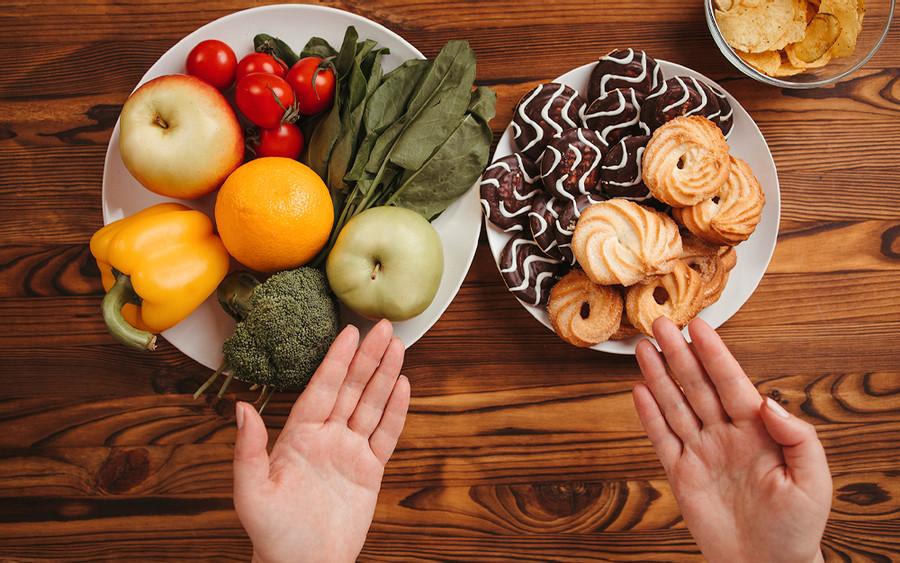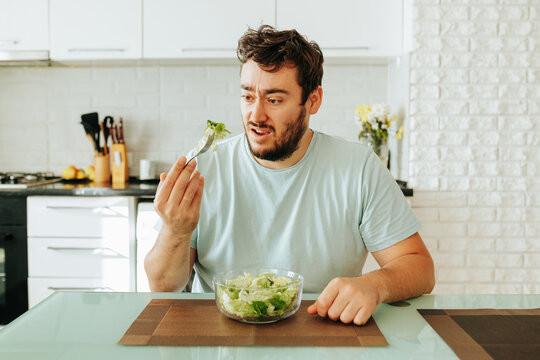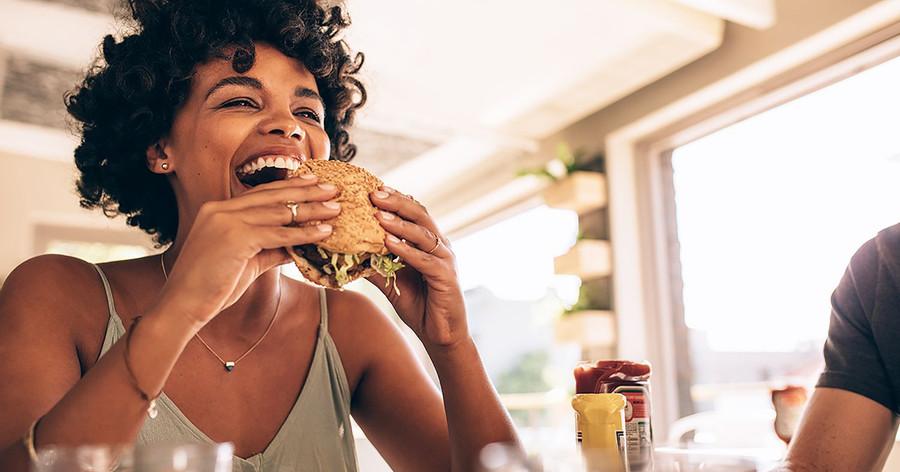Learn more about health with this collection
How to listen to your body's hunger and fullness cues
How to develop a positive relationship with food
How to trust yourself around food
Intuitive eating is not a diet
Intuitive eating is an approach to health and food that emphasizes learning to give your body what it needs.
It doesn't involve rules related to how or what to eat, but it's based on a few principles.
274
975 reads
MORE IDEAS ON THIS
Intuitive eating: Stop moralizing
Food isn’t good or bad. Don't fall for this 'black or white' way of thinking.
Health and nutrition exist on a gradient. Keeping your health in mind when making food choices is totally in line with intuitive eating, but being rigid about healthy eating isn’t.
214
845 reads
Quiet your inner food police
Recognize and silence your inner critic.
An example of your inner food police: if you're scanning a restaurant menu and you catch yourself saying "That’s not healthy. That’s too many servings. That’s too high fat, " that voice is not yours, although it feels like ...
185
824 reads
Make it personal
Intuitive eating is a way to make sure your needs are being met.
What separates intuitive eating from traditional diets is that it’s 100 percent flexible—it can (and will) look different for everyone.
158
813 reads
Invite nuance
Among the principles of intuitive eating, there are 2 related to honoring hunger and respecting fullness. But you don't have to obsess over them.
For example, you might have to eat lunch before you’re hungry because of a midday meeting, or you might not be able to eat...
184
781 reads
Related collections
Other curated ideas on this topic:
Understanding hunger
Intuitive eating means learning the difference between what is eating for emotional need versus physical need, and also really understanding that foods can be emotionally equal. It’s about learning how to challenge your food rules and give yourself permission to eat when you’re hungry.
Mindful Eating
- Breathe before eating.
- Listen to your body and measure your hunger.
- Eat according to your hunger. You can more mindfully choose what to eat, when to eat, and how much to eat.
- Practice peaceful eating. It’s not easy to digest or savor your...
Key principles of intuitive eating
- Reject the diet mentality. The diet mentality is the idea that there’s a diet out there that will work for you.
- Respond to your early signs of hunger by feeding your body.
- Food is not good or bad and you are not good or ba...
Read & Learn
20x Faster
without
deepstash
with
deepstash
with
deepstash
Personalized microlearning
—
100+ Learning Journeys
—
Access to 200,000+ ideas
—
Access to the mobile app
—
Unlimited idea saving
—
—
Unlimited history
—
—
Unlimited listening to ideas
—
—
Downloading & offline access
—
—
Supercharge your mind with one idea per day
Enter your email and spend 1 minute every day to learn something new.
I agree to receive email updates



